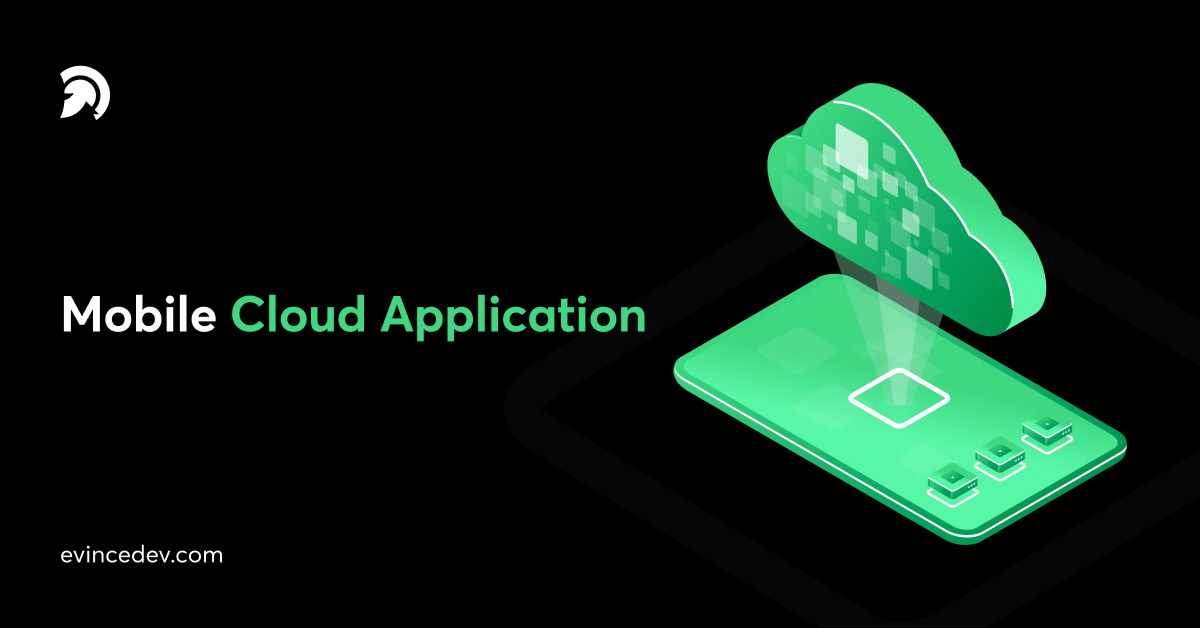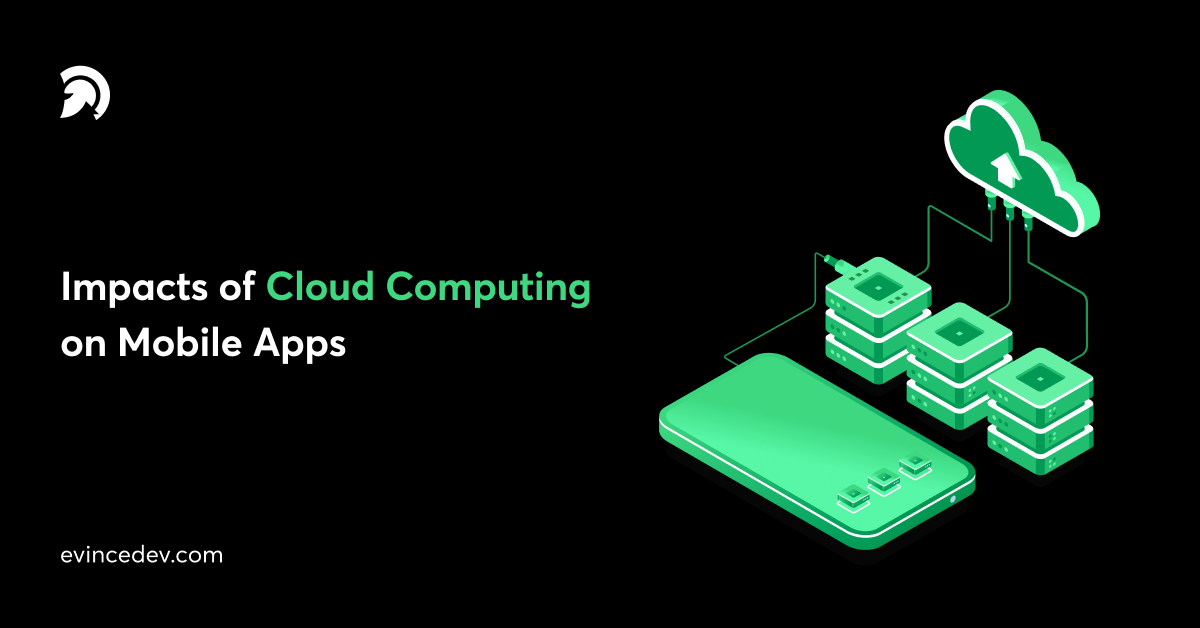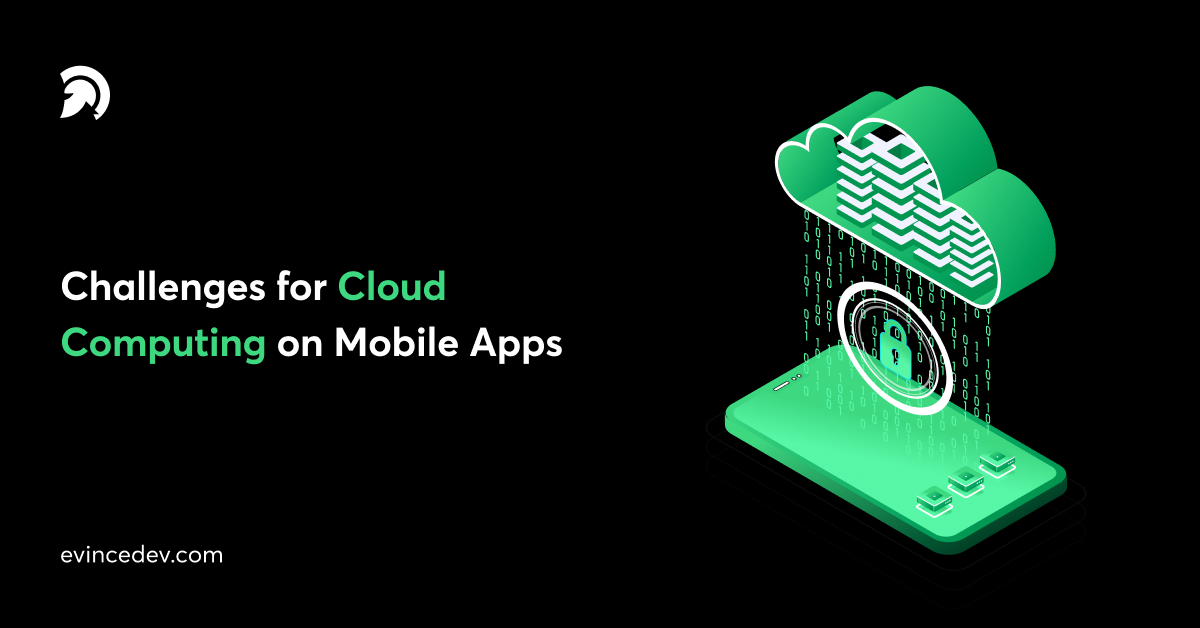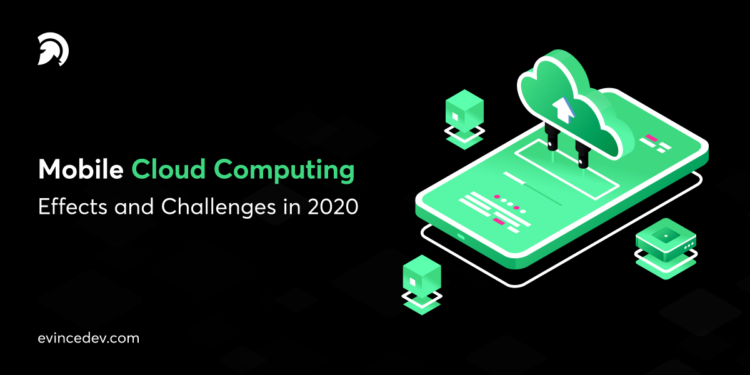In this modern world, the number of smartphones and smartphone users is rising significantly. The extent of smartphones highlighted the concept of cloud computing. Mobile cloud computing is a technique for synchronizing cloud computing in a mobile environment. It also massacres dynamic challenges, such as performance, security, app challenges, and similar issues.
With the further growth of cloud technology, all mobile application development companies will have to adopt cloud computing for mobile applications to be successful.
For the people who have been part of the industry for quite a while, it is clear to be associated with the concept of cloud computing. However, it’s not that simple to recommend to newbies. They misunderstand the infinite jargon that accompany mobile computing and mobile cloud apps.
Cloud Computing in Simple Terms

Cloud computing provides on-demand network access to various resources without contacting the service provider. Cloud computing ensures that parts of the resources required are instantly and conveniently available to customers who are charged dependent on utilization. Mutual resources, such as software, mobile applications, and other services, are rendered to smartphones and computer users when requested.
Besides, cloud computing often empowers customers to customize their computing capacity at a specified time based on their requirements for a given task. Customers don’t need to think about processing power or storage and can achieve incredible results without losing quality.
Mobile Cloud App Definition

A mobile cloud application is a cloud-based application that has a particular combination of both pure desktop applications and pure web apps. This application is a software program where cloud-based and local components collaborate harmoniously.
Impacts of Cloud Computing on Mobile Apps

Cloud computing is transforming us from many perspectives. While technology has been scientifically described and commented on in-depth, not many studies have focused on its effect on everyday life. Below are some of the impacts of cloud computing on mobile apps.
Platform Compatibility
Cloud computing technology has rejected the requirement to make separate applications for various OS platforms. Cloud mobile applications differ from native apps and are feasible across different platforms that avoid both the cost and time of development. It also empowers developers to make a single application and release it parallel across platforms including iOS and Android. Although the application is stored in the cloud and not on the platform, users face no access problems as long as they have a stable web connection.
Easier to Stick to The Budget
Cloud computing allows you to swap capital costs ( e.g. data centers and physical servers) for variable expenses and only pay for IT while you use it. Moreover, variable expenses are much cheaper than what you would pay to do without someone else’s help as a result of economies of scale.
Easy Scalability
Once you release your application, there is a need for continuous maintenance and upgrading, while still improving the application and application experience. This maintenance and improvement are significant but also include the price tag. It’s so natural that you need to expand your business and bear in mind that you need to scale your application along the way as well. In order to achieve this, a fair practice is, in any case, to release or launch an MVP for the application and then to continue including features as and when expected to continue enhancing the user experience.
Storage Space Not Required in the Mobile Device
All the cloud-based application data is stored on a cloud server that is remotely placed and can be accessed by a connected web device. Cloud applications can often remove the installation process while they run from a program. In this way, cloud apps do not use smartphone space for legitimate operations. Despite a limited amount of available storage on a smartphone, users do not need to create a free space to use a cloud-based application. They typically function like web-based applications which can be accessed immediately from the central server.
Challenges for Cloud Computing on Mobile Apps

Despite being the strength of some businesses, cloud computing still has a number of issues. What’s more, in some rare situations, some critical issues may arise as well. These issues or challenges are the actual specters of cloud computing. Let us discuss some of the key challenges for cloud computing on mobile apps.
- Data Security & Privacy: Usually, cloud applications are multi-occupancy, and this must mean something, the possibility of data misuse is consistently inevitable. It is also critical that cloud users are continuously being given a clear assurance of the protection of their data by suppliers. As a result, suppliers will always need to take much note of this point of view more than in native or web applications at times, especially when the application needs to deal with sensitive user data.
- Unavailability of Easy Web Access: User requires a stable web connection to ensure seamless access to the cloud application. However, much of the world is currently witnessing the poor results of a low-speed web connection. While most providers now provide LTE services to resolve connectivity issues, users can not profit from the rich features of cloud-based applications that need fast web access.
- Validating Interface Compatibility: As there are in any case a few changes going on in the cloud, and a lot of updates and tweaks are being done by the cloud service provider on a regular basis, it is only normal that the external interface should also be updated periodically. And the fact that this could be a much-needed change for others, however, most of the existing subscribers could find it challenging, as it may be used for the older interface. As a cloud service provider, it is also their duty to allow subscribers to select the version of the interface they are happy with.
Wrapping up!
The use of cloud computing in mobile applications will be a significant development in the near future. Interest points such as compatibility, scalability, and cost reduction make the concept of cloud-based mobile apps much stronger. This technology is still at the stage of its development. The time is not yet ready for any mobile app development company to take a step down this direction and address the issues referred to above to have enhanced customer experience.




